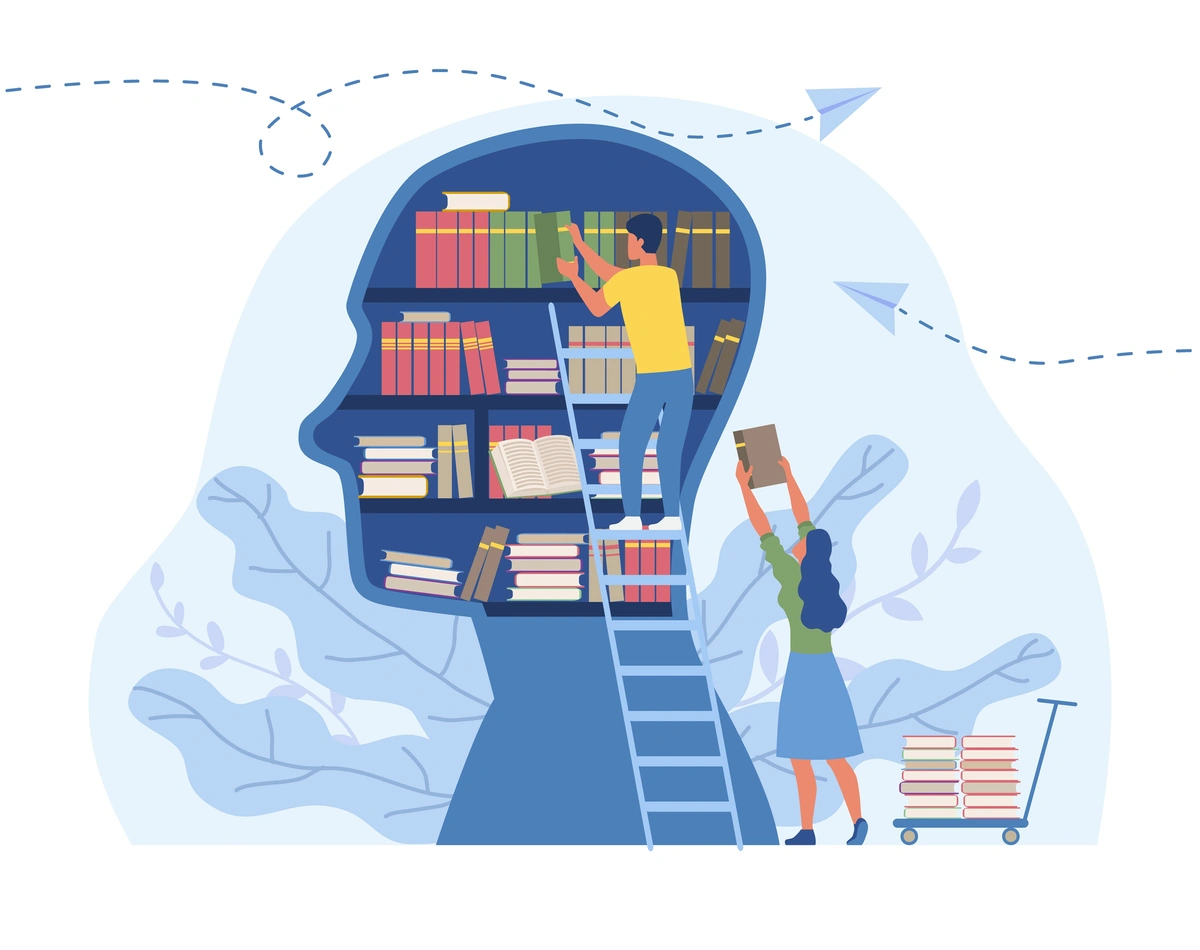Specific Phobia

Management and Resources
At home
Overcoming a phobia is very difficult without treatment. There are many different possible phobias, and depending on one's specific type, a phobia may affect ab individual differently than another person who has a different phobia. Managing the symptoms and potential consequences of phobias can be hard and especially hard to manage alone. Recognizing that one may have a problem is the first step towards resolving their fear and with treatment, their quality of life drastically improves. To improve one's quality of life outside of treatment, consider utilizing the below lifestyle changes to reduce the anxiety associated with a specific phobia: meditation, deep breathing, movement, nutrition, and sleep.
Meditation
The practice of meditation has been around for thousands of years. What was first a way for individuals to find spiritual connection is now widely used as a means of reducing stress and anxiety. Meditation, and specifically mindfulness meditation, involves setting aside time during one's day to focus on the present, and not one's jumbled stream of thoughts. During this designated time, try to keep any thoughts centered around this very moment: sensations, an object, or a sound. When the thoughts stray, as they naturally do, meditation teaches an individual to acknowledge the distraction without judgement, and come back to the present. The repeated practice of meditation can be calming in the moment, but can also “build the muscle” that re-centers one through life’s ups and downs, even when they're not meditating.
Deep Breathing
When an individual is more anxious or thinking about their fears, they may notice having a harder time breathing or just can’t catch their breath. Higher levels of anxiety can cause shallow breathing that often gives us less oxygen and requires us to breathe faster to get the oxygen our body needs. This is a common symptom of anxiety and can make people feel uncomfortable and unwell. When we breathe deep and through our diaphragm specifically, we may feel calmer and more at ease. We call this technique deep breathing or diaphragmatic breathing. It is a simple technique that can be hard at first or uncomfortable, but with practice it will become second nature. Deep breathing is easier to learn when we practice the skill at times when anxiety is low. As an individual becomes more skilled and can deep breathe when calm, they will be able to use this skill at times of higher stress as well.
Movement
Research shows that 30 minutes of walking per day can decrease anxiety. The proven benefits of exercise are vast. Exercise is one of the most effective ways to manage anxiety. Starting a walking routine, taking the stairs, and yoga are just a few examples of low impact exercises that increase an individual's heart rate, and in turn, releasing serotonin, and other brain chemicals that reduce anxiety. Even better, the anti-anxiety effects of exercise are both immediate and long term! Movement and exercise can be a great complement to one's treatment plan and can even be social if a friend can come along.
Nutrition
Serotonin is a brain chemical that is involved in anxiety. One may be surprised to learn that 95% of serotonin is produced in the stomach, which communicates information to one's brain to influence emotion. Nourishing one's body with fruits, vegetables, nuts, eggs, grains, and legumes may help to reduce anxiety. Similarly important is the frequency at which one eats. Eating regular, well-balanced meals, helps to maintain a steady blood sugar, which creates a feeling of calm.
Sleep
Individuals with anxiety are in a near-constant state of overdrive, also known as fight or flight. This means that the body is always ready to escape danger, even if it may not actually exist. A full night of sleep, approximately 8 hours for most adults, helps the body control the fight or flight response associated with generalized anxiety. Creating a consistent and calming bedtime routine, avoiding blue light (that light from our phones and screens) one hour prior to bedtime, abstaining from daytime naps, and refraining from caffeine after noon all promote restful and continuous sleep.
Organizations & resources
Anxiety and Depression Association of America
National Institute of Mental Health - Phobias
Recommended reading
The Anxiety and Phobia Workbook - 7th Edition by Edmund J Bourne